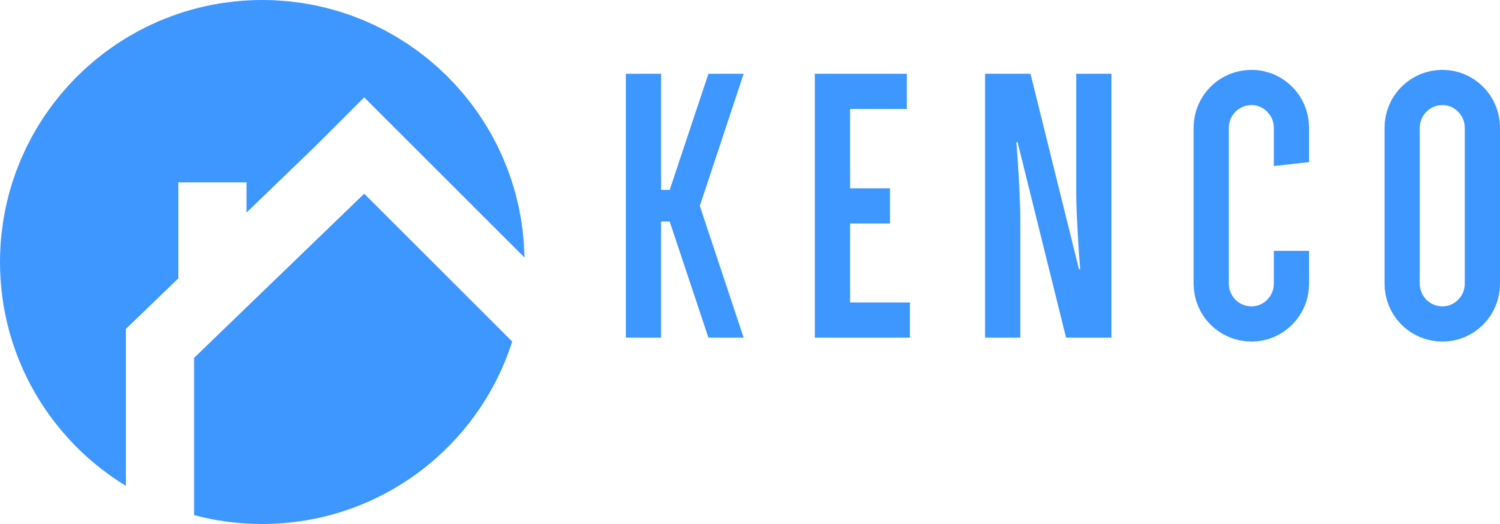HOMEOWNER TIPS
HOW SHOULD A SELLER PREPARE FOR THEIR HOME INSPECTION?
Preparing for a home inspection is an essential part of selling a property. A successful inspection
can help you sell your home faster and at a better price, while a poor inspection can lead to delays or
negotiations. Here are some steps a seller should take to prepare for a home inspection:
Clean and Declutter:
● Clean your home thoroughly, including all rooms, appliances, and fixtures.
● Declutter to make it easier for the inspector to access and evaluate areas of the
house.
Organize Documentation:
● Gather all documents related to the property, including repair and maintenance
records, warranties, and receipts for recent improvements.
Fix Minor Issues:
● Address minor maintenance issues such as leaky faucets, loose door handles, and
burnt-out light bulbs. These small problems can affect the inspector's impression of
the property.
Check Safety Features:
● Ensure that all safety features are in working order, such as smoke detectors, carbon
monoxide detectors, and fire extinguishers.
Test Appliances:
● Test all major appliances, including the stove, oven, dishwasher, refrigerator, and
HVAC systems. Replace or repair any that are not functioning correctly.
Replace Filters:
● Replace HVAC filters, as dirty filters can signal a lack of maintenance and reduce
system efficiency.
Check for Leaks:
● Inspect for any signs of water leaks or damage, both inside and outside the house.
Repair any leaks promptly.
Clear Access Points:
● Ensure that the inspector can access key areas like the attic, crawl spaces, and utility
areas. Move stored items if necessary.
Exterior Maintenance:
● Trim trees, shrubs
TOP 10 QUESTIONS TO ASK A HOME INSPECTOR BEFORE & AFTER
Before the Inspection:
1. Are you licensed and certified? Ensure the home inspector is qualified and meets the
necessary state or local requirements.
2. How long have you been in the home inspection business? Experience often correlates with
expertise.
3. Can you provide references? Request testimonials from previous clients to gauge the
inspector's reliability and competence.
4. What does your inspection cover? Clarify the scope of the inspection to understand which
areas and systems will be assessed.
5. What is your pricing structure? Ask for a detailed breakdown of fees and any additional
costs for specialized inspections.
6. Do you carry insurance? Confirm that the inspector has errors and omissions (E&O)
insurance to protect you in case of oversights.
7. How long will the inspection take? Get an estimate of the inspection duration to plan your
day accordingly.
8. Can I attend the inspection? It's often beneficial to be present during the inspection to ask
questions and learn about the property firsthand.
9. When will I receive the inspection report? Inquire about the turnaround time for receiving the
detailed report, including photos and explanations of findings.
10. What happens if issues are found? Ask about the process for addressing any problems or
negotiating repairs with the seller.
After the Inspection:
1. Can you explain the findings in detail? Go over the report with the inspector to ensure you
understand all the issues, their severity, and potential solutions.
2. Are there any immediate safety concerns? Prioritize addressing safety issues like electrical
problems or structural damage.
3. Which issues are major vs. minor? Determine which problems are significant and may
require immediate attention and which are less critical.
4. Do I need to bring in specialists for further evaluation? If there are specialized concerns
(e.g., a foundation issue), ask if you should hire experts for a more in-depth assessment.
5. Can you provide cost estimates for repairs? Request rough estimates for fixing identified
issues to help you plan your budget.
6. What maintenance tips can you offer? Ask for advice on maintaining the property to prevent
future problems.
7. Should I negotiate with the seller based on the inspection findings? Discuss whether it's
reasonable to request repairs or price adjustments based on the inspection results.
8. Can I contact you for follow-up questions? Ensure you have a way to reach out to the
inspector if you have additional inquiries later.
9. Do you offer a warranty on your inspection? Some inspectors provide warranties on their
work; inquire about the terms and coverage.
10. What are your final recommendations for the property? Summarize the inspector's overall
assessment and any critical advice for proceeding with the purchase.
